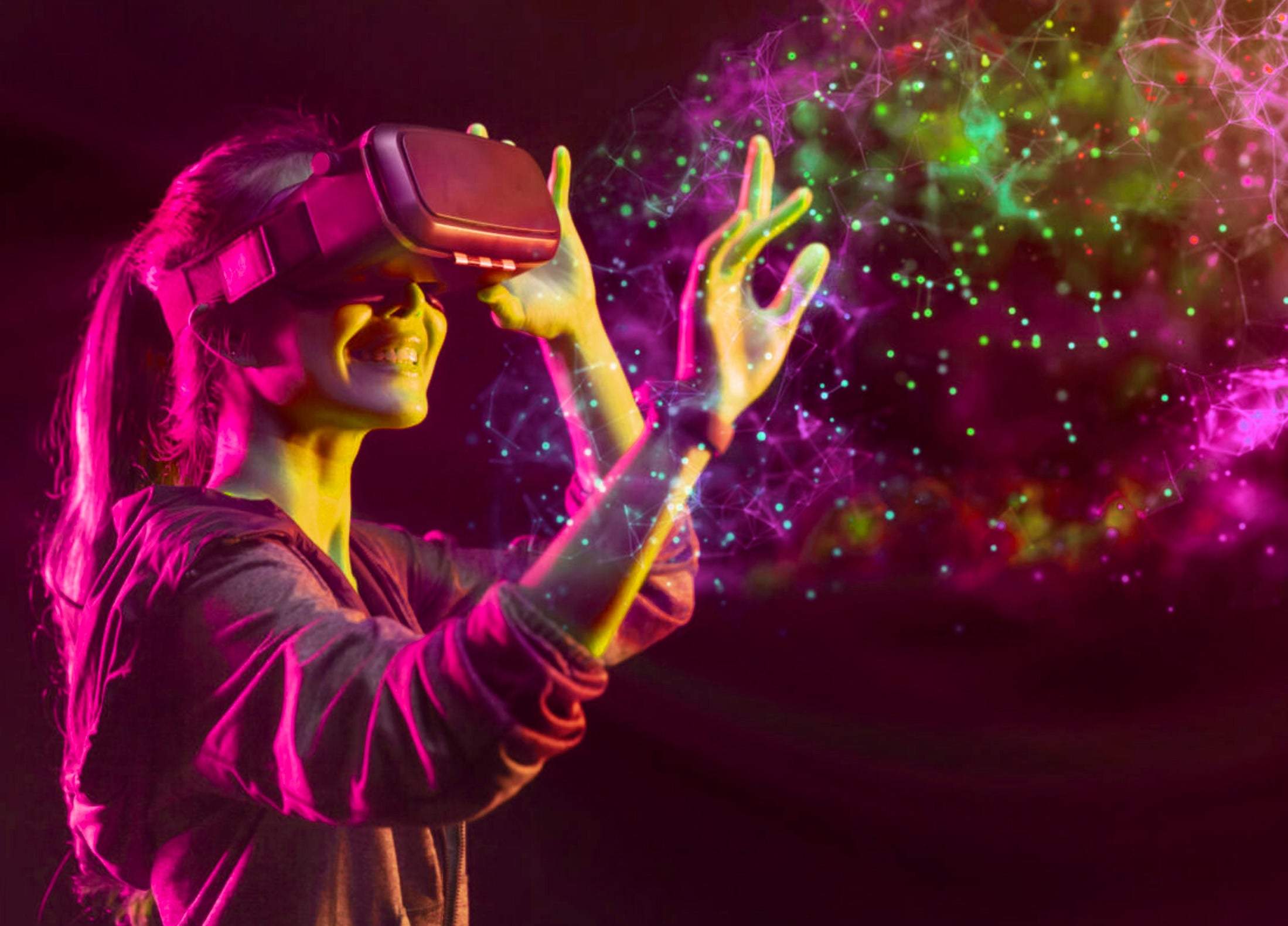Virtual Reality (VR) gaming has undergone significant evolution since its inception, fundamentally altering our gaming experiences. With technological advancements and increasing accessibility, VR gaming is set to revolutionise the gaming industry in the forthcoming years. In this blog post, we'll delve into the exciting developments and potential future trends shaping the landscape of virtual reality gaming.
- Enhanced Immersion:
One of VR gaming's most significant aspects is its ability to offer unparalleled immersion. As technology continues to advance, we can anticipate even greater levels of realism and immersion in virtual environments. Improved graphics, sound quality, and haptic feedback will make players feel more connected to the virtual world than ever before. Whether exploring ancient ruins, battling intergalactic foes, or embarking on epic adventures, VR gaming will transport players to new realms of immersion and excitement.
- Expanded Accessibility:
As VR technology becomes more affordable and accessible, we can expect a surge in VR gaming adoption. The development of standalone VR headsets, such as the Oculus Quest series, eliminates the need for expensive gaming PCs or consoles, making VR gaming more accessible to a broader audience. Additionally, advancements in cloud gaming and streaming services will allow players to enjoy VR experiences on a variety of devices, further democratising access to virtual reality gaming.
- Social Interaction:
One of gaming's most compelling aspects is its social experience. In the future, VR gaming is poised to revolutionise social interaction by enabling immersive multiplayer experiences. From cooperative missions to competitive esports tournaments, VR gaming will facilitate meaningful connections and interactions between players across the globe. Social VR platforms like VRChat and Rec Room are just the beginning, with future developments likely to push the boundaries of social gaming even further.
- Health and Wellness:
With concerns about sedentary lifestyles and screen time on the rise, VR gaming presents an opportunity to promote physical activity and wellness. Innovations such as full-body motion tracking and VR fitness applications offer engaging and immersive ways to exercise while gaming. From virtual dance workouts to martial arts simulations, VR gaming has the potential to motivate players to lead healthier lifestyles while having fun in the process.
- Educational and Training Applications:
Beyond entertainment, VR gaming has significant potential in education and training. Virtual reality simulations can provide immersive learning experiences in various fields, from history and science to healthcare and vocational training. For example, medical students can practice surgical procedures in realistic virtual environments, while professionals can undergo immersive training simulations for high-risk scenarios. As VR technology becomes more sophisticated, its applications in education and training will continue to expand.
- Integration with Augmented Reality (AR):
While VR immerses users in entirely virtual environments, augmented reality (AR) overlays digital content onto the real world. The integration of VR and AR technologies, known as mixed reality (MR), holds immense potential for gaming. Imagine exploring fantasy worlds overlaid onto your surroundings or engaging in multiplayer battles in your living room. As VR and AR converge, we can expect to see innovative gaming experiences that blend the physical and virtual worlds seamlessly.
The future of virtual reality gaming is incredibly promising, with advancements in technology driving innovation and creativity in the gaming industry. From enhanced immersion and expanded accessibility to social interaction and educational applications, VR gaming is set to revolutionise how we play, learn, and connect. As we embark on this exciting journey into the virtual realm, one thing is certain: the possibilities are limitless, and the future of VR gaming is brighter than ever before.

